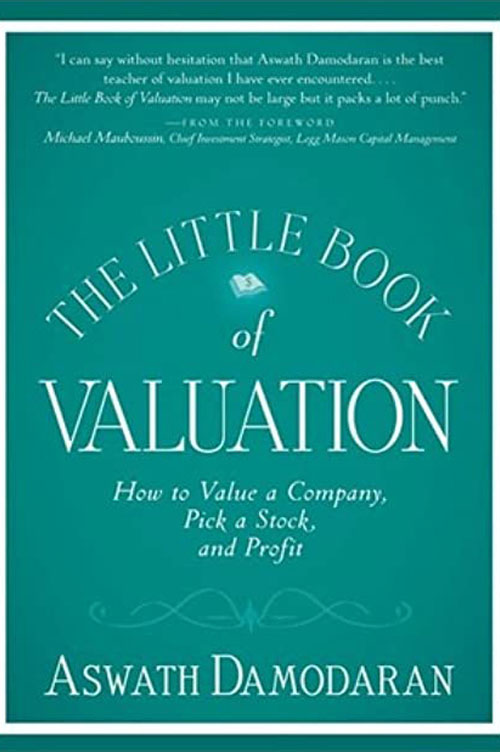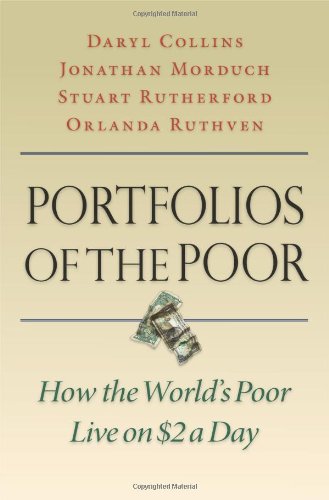Introduction
Whenever a stock is purchased or sold, there must be someone on the other end to complete the transaction. For example, if you want to buy 100 shares of Reliance, there should be someone who wants to sell not 99, not 101, but exact 100 shares of Reliance at the same time. However, the probability is very hard that you will immediately find someone who wants to sell the same exact number of that company’s shares you want to purchase. This is where market makers come in.
Who is Market Maker?
Market Makers—usually banks or brokerage companies—are always ready to buy or sell at least 100 shares of a given stock at every second of the trading day at the market price.
A market maker, also called a liquidity provider, is a firm or individual that continuously provides quotes – both bids to buy and offers to sell – for a given financial instrument, as a primary trading strategy. A market maker is generally contractually and/or legally obligated to provide quotes for set period of a trading day for a minimum size and for a maximum bid-ask spread.
The market maker provides liquidity and improves the functioning of the market by making the process of finding a counterparty to trade with more efficient while also bringing down the cost of trading.
Market makers generally come up with their bids and offers by calculating a theoretical price for the given financial instrument and then determining how much credit or margin they need to compensate for the risk they are taking in providing quotes to the market.
What Entities Act as Market Makers?
A market maker can either be an individual, an investment bank, a firm or a member of securities exchange. Thus, they can do both – execute trades on behalf of other investors and make trades for themselves.
When they participate in the market for their own account, it is known as a principal trade.
The most common example of a market maker is a brokerage firm that provides purchase and sale-related solutions for real estate investors. It plays a huge part in maintaining liquidity in the real estate market.
Why are Market Makers Important?
The main purpose of market makers in a stock market is to keep up the functionality of the market by providing enough liquidity. They do so by ensuring that the volume of trades is large enough such that trades can be executed in a seamless fashion.
In the absence of market makers, an investor who wants to sell their shares will not be able to unwind their positions. It is because the market doesn’t always have readily available buyers.
If a bondholder wants to sell his securities, the market maker will purchase it from him. Similarly, if an investor wants to buy a share of a particular company, market makers will ensure that shares of that company are available for sale. Thus, they act as wholesalers in financial markets. The prices set by market makers are a reflection of demand and supply. Stockbrokers can also perform the function of market makers at times. It, however, represents a conflict of interest because brokers may be incentivized to recommend securities that make the market to their clients.
How do market makers earn a profit?
Market makers earn a profit through the spread between the stock bid and offer price. Because market makers bear the risk of covering a given security, which may drop in price, they are compensated for this risk of holding the assets.
For example, suppose an investor sees that share of Apple Company has a bid price of $10 and an ask price of $10.10. This means that the market maker bought the Apple shares for $10 and is selling them for $10.10, means a profit of $0.10 on each stock that is sold by them to the investors.
Market makers does not have an opinion on whether the price of the share will go up or down. They make money on the difference between the bid and ask price – known as the spread. But by trading millions of shares of same company daily, market maker manages to gain a significant chunk of profit and offsets his risk of the price moving against him.
When a market-maker trades on either side of the spread, they take a position in the market which is a risk. They will try and find a way to offset that risk by, for example, hedging that position with a different product. Thus, it is important for a market-maker to not only understand the product they are creating liquidity in, but also the relationship of that product/company with other similar financial products.
Can Market Makers Lose Money?
The primary risk for a Market Maker is facing a decline in the value of a stock after it has been purchased from a seller and before it’s sold to a buyer.
Market Makers are always counterparties to trades done by informed traders and in case of any volatility in the market; the Market Makers are often stuck with wrong positions.
Another major risk for a Market Maker is not to have the latest information. In simple words, Market Makers can manage risks and survive only if they receive the latest information (before majority of investors) & respond to that information quickly as possible. Or else, the market position can go against them even in a few seconds, and that can lead to losses.
Conclusion
With proper Strategy, the market makers perform on both the sides i.e., Buy Side as well as the Sell Side of the markets. This way they not only create the demand, but also earn good profit by selling a stock at a little bit higher price than the market price.
People are also reading…
Reference
- https://www.investopedia.com/terms/m/marketmaker.asp
- https://www.motilaloswal.com/blog-details/What-is-market-making-and-how-it-impacts-liquidity/1948
- https://www.thebalance.com/what-is-a-market-maker-and-how-do-they-make-money-4053753
- https://cleartax.in/g/terms/market-maker
- https://corporatefinanceinstitute.com/resources/knowledge/trading-investing/market-maker/
- https://blog.quantinsti.com/market-making/
- https://www.ig.com/en/glossary-trading-terms/market-maker-definition
- https://www.optiver.com/insights/guides/market-making/
- https://careers.imc.com/us/en/blogarticle/what-is-a-market-maker
- https://m.economictimes.com/wealth/invest/who-are-market-markers/articleshow/63441595.cms




